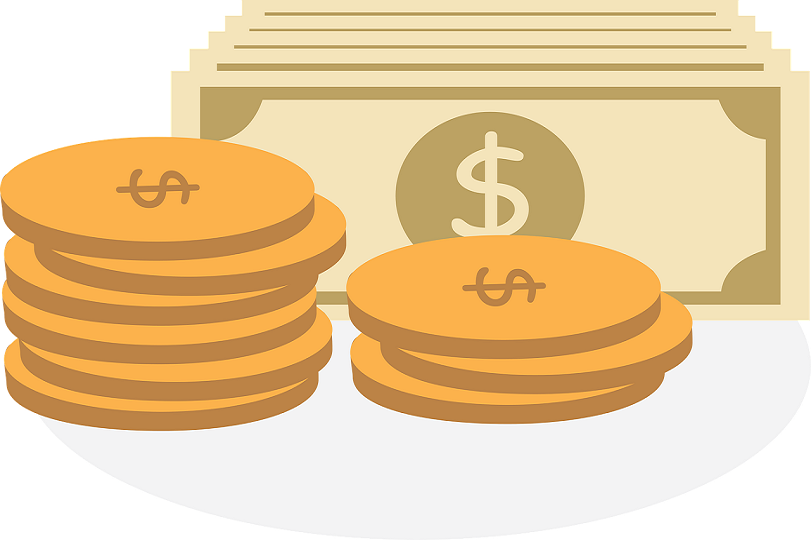Physical Address
304 North Cardinal St.
Dorchester Center, MA 02124
Physical Address
304 North Cardinal St.
Dorchester Center, MA 02124

Learning how to budget, save, and invest money wisely at a young age is one of the best things you can do for your long-term financial security. By making smart money moves as a teenager, you can set yourself up for success in the future. This guide will provide tips and strategies for teens to begin saving and establish healthy financial habits.
Table of Contents
The first step is to track where your money is going each month by creating a budget. List out all sources of regular income, like a part-time job, allowance, gifts. Then list your expenses like gas, clothes, entertainment, snacks, etc. There are great budgeting apps like Mint or PocketGuard that link to your bank account and categorize transactions to make budgeting easy.
Analyze your income and outflows to identify areas you overspend. Perhaps you’re splurging on takeout several times per week. Creating a realistic budget that aligns expenses with your priorities will help you save effectively. Allot some for necessities, some for reasonable fun, and some for hitting your savings goals each month.
Increasing your income provides more opportunity to save. Consider getting an after school or summer job if you don’t have one already. Babysitting, tutoring, yardwork, and retail shops often hire teens. You can find gigs like freelance writing, web design, data entry or digital marketing as well.
Ask your boss for a small raise at your current job, or find a higher paying position. The more money that comes in, the more you can stash away in savings each month. Just don’t succumb to “lifestyle inflation” and blow the extra earnings.
Sticking to your budget means cutting down on unnecessary spending. Limit eating out, impulse buys, in-app purchases and other frivolous expenditures. Before any purchase, wait 24 hours and ask yourself if you really need it.
Shop sales, get hand-me-downs from siblings, and buy secondhand clothes. Borrow books, games and movies from the library instead of buying them. Call cellphone and insurance companies and negotiate cheaper rates if possible. Small cuts make a big difference.
Research savings accounts at brick-and-mortar and online banks to find ones with no monthly fees, minimum balance requirements, and decent interest rates. Look for accounts that allow teenagers to open them or link to a parent’s account.
Once you pick an account, make regular automatic transfers from your checking account into savings after each payday or when your allowance hits. Even $25 per week can add up fast. Watching your savings grow will keep you motivated! Tools like education Savings Calculator will help calculate college fees and what you can save during your college time.
One of the golden rules of money management is “paying yourself first” by contributing to savings before spending on anything. Make savings an essential line item in your budget, just like any other expense.
A good system is the “50/30/20 rule” where 50% of income covers needs, 30% goes to your wants, and 20% flows directly into savings. As your income grows over time, keep increasing that savings deposit.
Once you have an emergency cash fund established, investing can grow your money faster long-term than savings accounts earning little interest. Consider safer, more liquid options like high-yield savings accounts, CDs, or short-term bond funds when first starting out.
If investing for retirement or other distant goals, research stocks, index funds, or robo advisors like Betterment. Investment apps like Acorns or Stash allow minors to invest with parental oversight. Pay attention to fees and maintain a long-term mindset.
The power of compound interest means your money earns returns on gains over and over. Starting to invest and save in your teens maximizes compounding potential. The earlier you start investing and saving, the more wealth you can amass thanks to the snowball effect over decades.
Making smart money moves now sets you up for financial security later. Follow this guide to budget wisely, boost earnings, control spending, build savings, and harness the power of compounding.
Developing healthy money habits as a teenager pays off tremendously down the road.